Hay Festival Arequipa 2022 – Politics
Welcome to the Hay Festival Arequipa 2022 programme, the edition in which we returned to in person events, after two digital editions due to the covid pandemic. Hay Festival Arequipa 2023 will run 9-12 November.
Hay Forum Moquegua was also in person. Hay Forum Moquegua 2023 will be at November 9.
If you have any questions, you can find us at contacto@hayfestival.org.
Event 13
Christopher Acosta in conversation with Cecilia Valenzuela
Presidents by accident
Instituto Cultural Peruano Alemán
Read more
Event 16
Natalia Sobrevilla, Fernando Tuesta and Alberto Vergara in conversation with Juan Diego Quesada
Democracy in the South
Teatro Fénix - Escenario Gales / Llwyfan Cymru
Read moreThe main crises that the world is facing today, such as the climate emergency, the pandemic, and migration, have their roots in a system of economic exploitation of the countries of the global South. Creating a fairer system of governance and international cooperation involves understanding the ways in which these dynamics of power have been created among regions, and listening to what different regions have to say about the future. With Natalia Sobrevilla Perea (Peru), specialist in the history of the creation of the Andean nations in the 19th century and current political practices; the political scientist and expert in electoral matters, Fernando Tuesta (Peru), Doctor in the Social Sciences and PUCP lecturer; and Alberto Vergara (Peru), Doctor in Politics from the University of Montreal and author of Repúblicas defraudadas (2023). In conversation with Juan Diego Quesada.
With the support of the Ford Foundation
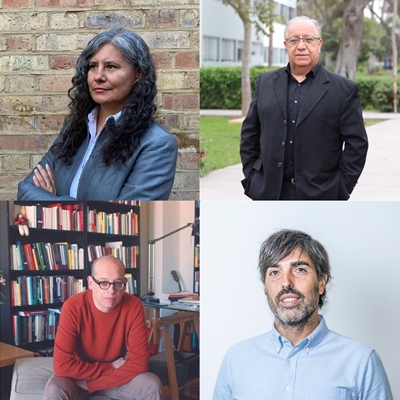
Event 20
Richard Firth-Godbehere, Daniel Innerarity and Marta Peirano in conversation with Sabrina Duque
Synapses and algorithms: challenges in Artificial Intelligence
Auditorio Colegio de Abogados
Read moreThe dizzying advances in the field of Artificial Intelligence might trigger feelings of awe, but also of fear. At this event, three experts in the field of AI come together to reveal some of the myths regarding this technology, dealing with matters such as privacy and data security, the automation of work, and the impact of AI on society in general. Richard Firth-Godbehere (United Kingdom) is a writer and researcher, and one of the world’s great experts on the emotions. He is currently studying human-machine interaction and the place of human emotions in a digital context dominated by technology. Daniel Innerarity (Spain) is a Professor of Political and Social Philosophy and holds the Artificial Intelligence Chair at the European University Institute in Florence. Marta Peirano (Spain) is a writer and journalist, a specialist on the intersection between technology and power. In conversation with Sabrina Duque.
Simultaneous interpretation from English to Spanish available
With the support of Acción Cultural Española (AC/E)

Event 42
Alejandra Ballón, Teresina Muñoz-Nájar and Dolores Reyes in conversation with Paola Ugaz
Disappeared
Auditorio Colegio de Abogados
Read moreWith the support of the Ford Foundation
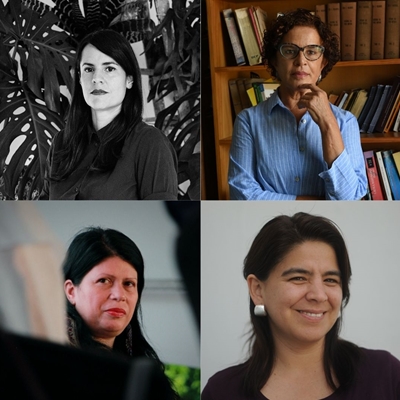
Event 45
Daniel Innerarity in conversation with Alberto Vergara
Democracy, knowledge and freedom
Instituto Cultural Peruano Alemán
Read more
Event 58
Humberto de la Calle in conversation with Salvador del Solar
The Pacific revolution
UNSA (Paraninfo)
Read more
Event 59
Álvaro Henzler, Daniel Innerarity and Jorge Mori in conversation with Carmen McEvoy
Democracy and citizen challenges
Instituto Cultural Peruano Alemán
Read moreWith the support of Proética and of the National Endowment for Democracy

Event 64
Cayetana Álvarez de Toledo in conversation with Clara Elvira Ospina
Politically incorrect?
Teatro Fénix - Escenario Gales / Llwyfan Cymru
Read moreCayetana Álvarez de Toledo (Spain), a member of the Spanish parliament for the Partido Popular, will talk to Clara Elvira Ospina about her book Políticamente indeseable, a combination of autobiography and essay in which she tackles questions such as political polarisation, intolerance towards those who hold opposing opinions, and the lack of debate in our society today. At this event, the author will share her personal experience in politics, and how she has been labelled “politically incorrect” for expressing her opinions without fear of the consequences.
Cayetana Álvarez de Toledo will join the event remotely.

Event 70
Humberto de la Calle and Carmen McEvoy in conversation with Salvador del Solar
The state of democracy in Latin America
UNSA (Paraninfo)
Read moreWith the support of the Ford Foundation
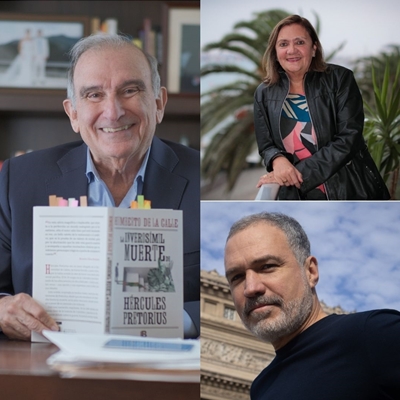
Event 73
José Alejandro Godoy and Fernando Tuesta Soldevilla in conversation with Mabel Cáceres
Is today’s Peru ungovernable?
Auditorio Colegio de Abogados
Read moreTwo experts analyse the current political state of Peru, one characterised by corruption and violence, but also by possibilities for reinvention. José Alejandro Godoy is a political scientist, university lecturer and author of a range of books. His works El último dictador: Vida y gobierno de Alberto Fujimori and Los herederos de Fujimori draw a portrait of the man who led Peru during the 1990s, who was behind the government that the author identifies as the last authoritarian government of the 20th century, and they also go into the continuity produced by his children. His most recent book is Peligro: Orden de disparar, which goes a little further back in time and covers events in the country between 1980 and 1986. Fernando Tuesta Soldevilla, one of the most lucid and informed political commentators today offers a detailed look at the crises that the country’s political organisations and institutions are undergoing. His most recent work, La reforma política: Ideas y debates para un buen gobierno, is a compilation of columns and articles about this matter, written over the course of three decades, and which proposes alternatives for a reformation of democracy that offers citizens reasons for hope and optimism. In conversation with Mabel Cáceres.

Event 75
Alejandra Ballón and Ángel María Manrique in conversation with Víctor Vich
About the political crisis, and the difference between hearing and listening
UNSA (Paraninfo)
Read moreWith the support of Ford Foundation
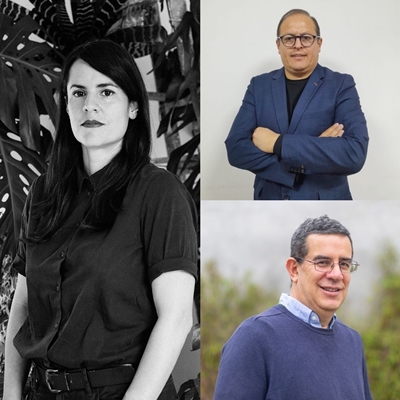
Partner for Latin America

Principal Sponsors




Government Partner
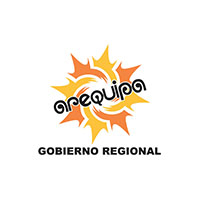
Institutional Partner

